The high temperatures of the sea water, which reached 30°C on the southern part of the Bulgarian Black Sea coast, drove the seasonal fish deep into the sea. Due to the heat combined with northerly currents, the Gobius and black scorpionfish, which are characteristic of the summer months, are now absent. They can be usually found as early as March, at water temperatures of 8-10°C, and their catch continues almost all year round, except in winter, when they hide in the holes of the rocks. This year, during the hot summer months, the fish went deep into the sea, where the water is cooler and the currents move.
"I have never seen the scorpionfish gone but there is no movement and no scorpionfish. For a month and a half, we have had northerly wind and when there is such a current, we know there would be no gobies,” fisherman Yordan Karakashev told BNR Burgas. “However, bonito came here 4-5 days ago. We catch some fish and people are happy. There is some Trachurus, too.”
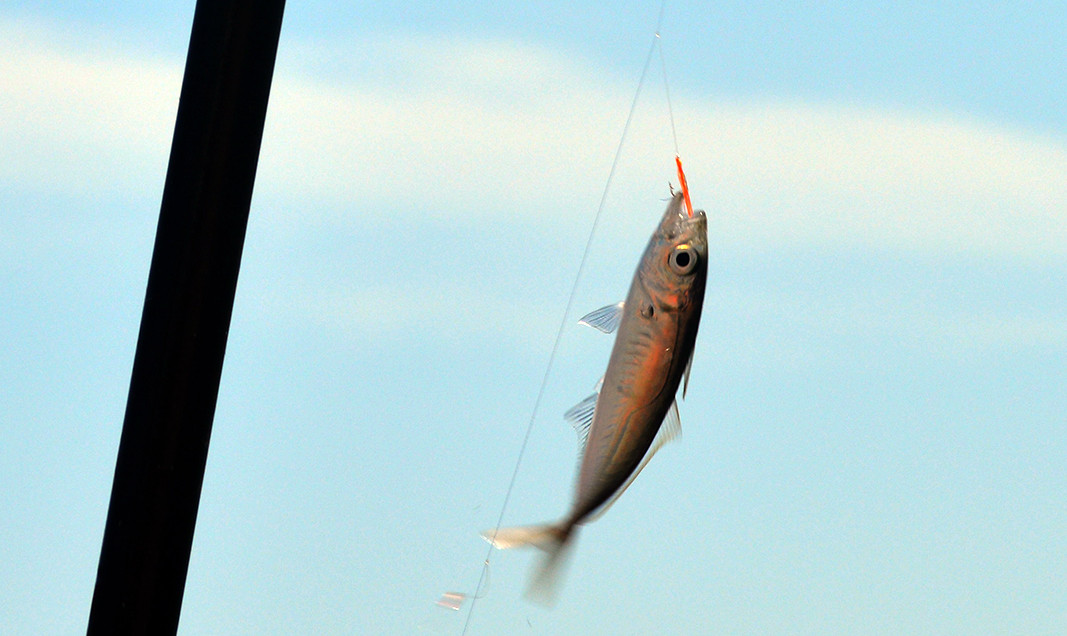
The Trachurus, which is among the preferred Black Sea fish in summer, can be found in passages from May to the end of June, and in July and August it is scattered. Then again it is found from September to the end of November, at a water temperature of 15-17°C. This year it could be found a month earlier in comparison to previous years. Yordan Karakashev has never seen such high temperatures of the sea water in the region of the southern Black Sea towns of Tsarevo and Ahtopol:
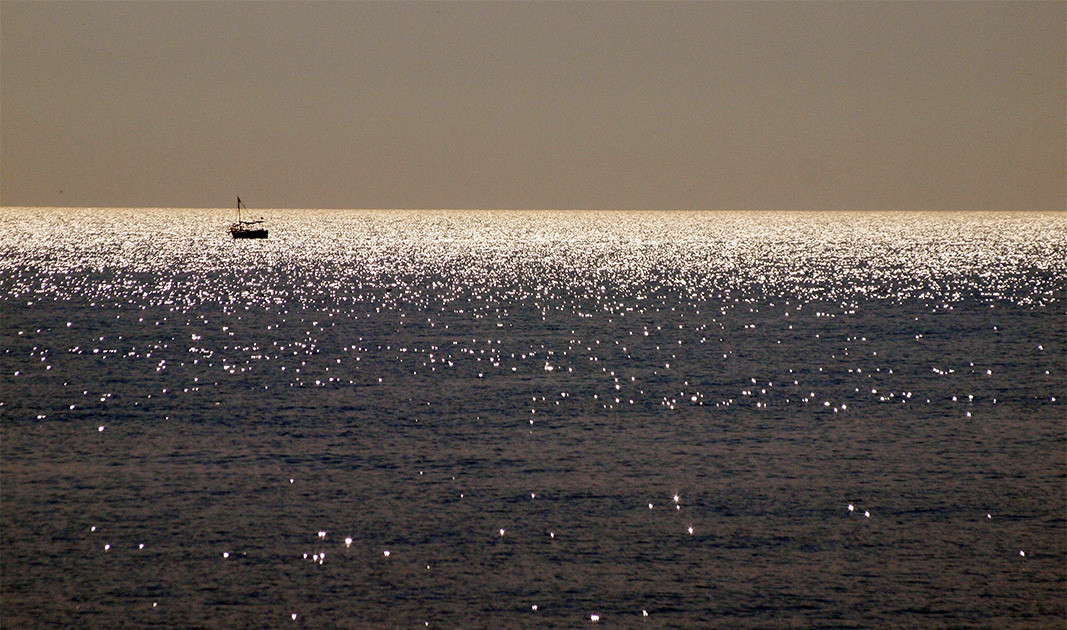
"We usually monitor the water temperature and in the summer it reaches 28°C for four or five days. A few days ago the water here reached 29 °C, and in Sozopol Bay it reached 30 °C. This had never happened. I myself dive to a depth of 12-15 meters and I found out that the was no cold water. The fish usually look for these temperature boundaries and now they have gone away. The large fish are where the small fish are. Where there is a difference in temperature there are also changes in the currents that carry food."
Speaking about the temperature anomalies, Yordan Karakashev says that they are not a big cause for concern: "As we see in history, there are cycles. Warm - cold, warm – cold, and now it's just a cycle, this too will pass". Asked about the entry of unknown species into the Bulgarian water area, he says that they are Mediterranean species and are not of economic importance:
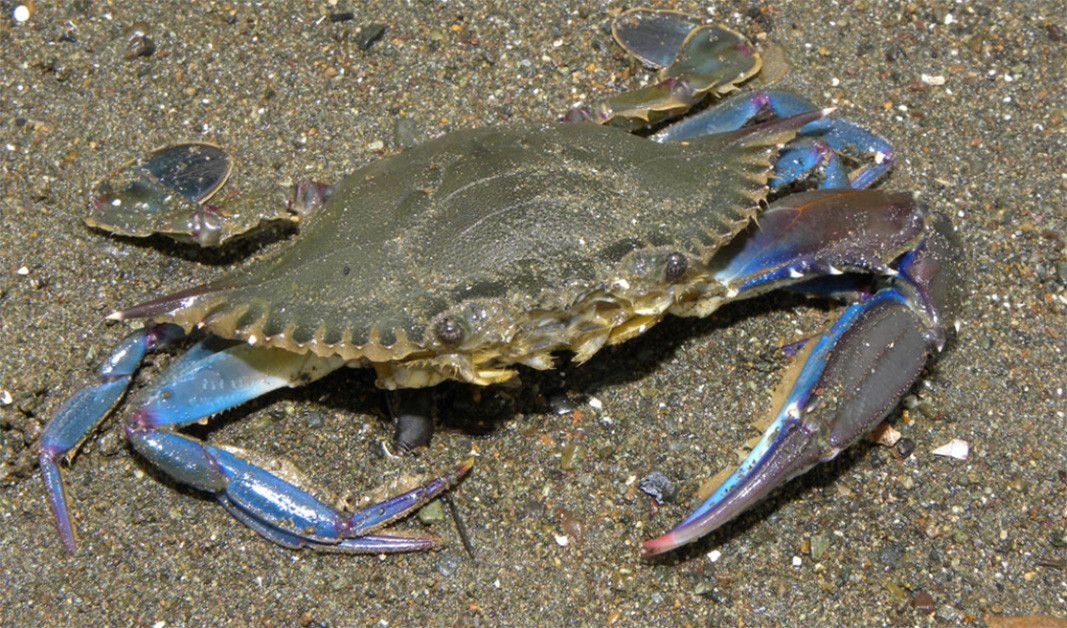
"For ten years exotic fish have been slowly coming. We don't know these species. Last year we caught a big blue crab with a strange shell. There are also Labridae, which are Mediterranean species, as well as Symphodus tinca. They are about 500-600 grams each."
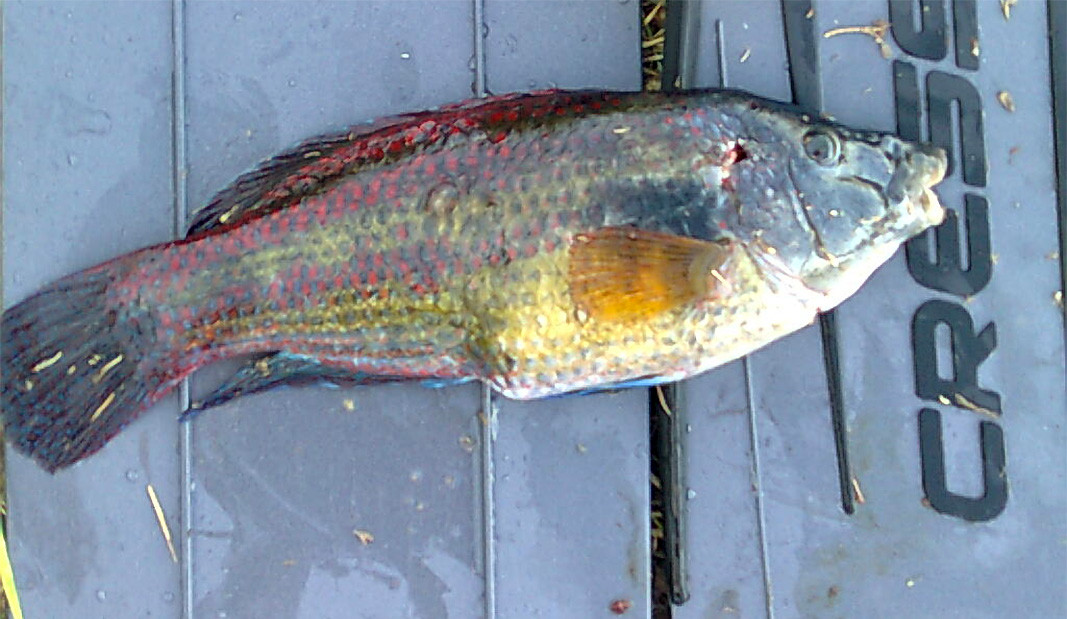
According to experienced fishermen, these fish are not suitable for eating because they have many bones, and the larger specimens also have sharp teeth. So fishermen count on the return of the Trachurus in September when the sea water becomes cooler. Then the bluefish can be found. It is valuable and tasty fish, which is also found in the Mediterranean Sea. It is also known on the east and west coasts of the Atlantic Ocean.
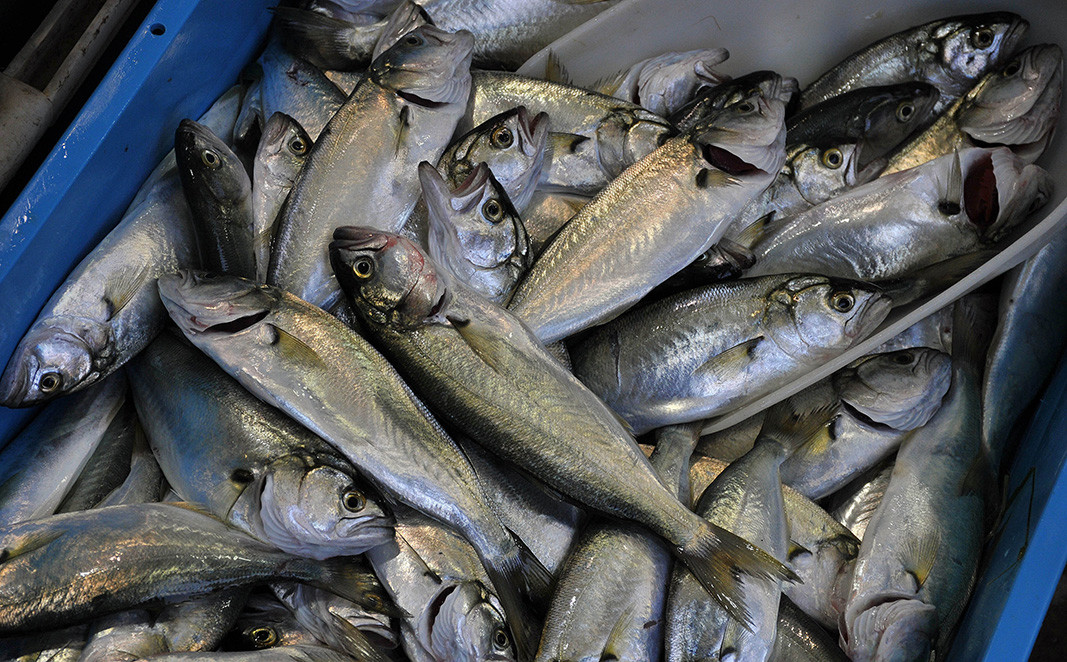
Text: Darina Grigorova / based on an interview by Nina Rangelova, BNR Burgas/
Publication in English: Al. Markov
Photos: BNR- Burgas, BTA, BGNES, archive
All summer, and even now, Bulgaria has been fighting numerous fires – in the fields and in forests . At the same time, over half a million people in Bulgaria are without water supply or on a strict water regime. So, caught up in the current troubles,..
One of the most ancient breeds in Europe, the Karakachan dog is the first Bulgarian indigenous breed of farm animal recognized by the Animal Breeds Commission of the Ministry of Agriculture in 2005. It owes its name to the nomadic sheep breeders known..
The tailor shop of the Pedrie and Mümin Mestan family is located on one of the busiest streets in Brussels’ Schaerbeek district. They are originally from Kardzhali but have been living abroad for more than 35 years. In the summer of 1989, they left..
All summer, and even now, Bulgaria has been fighting numerous fires – in the fields and in forests . At the same time, over half a million people in..

+359 2 9336 661
